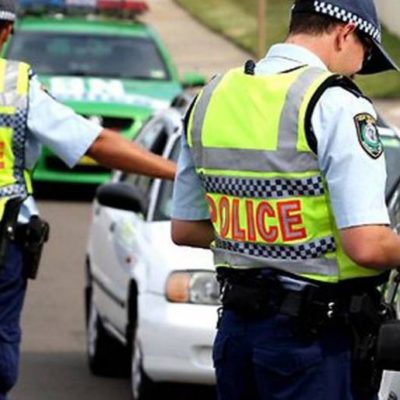
Drink driving in NSW
On 20 May 2019, the NSW Government implemented tougher penalties for drink-driving offences to reduce the number of injuries and deaths from car crashes. One reason for this change is because a person is killed or hospitalised every 41 minutes due to a car crash on NSW roads. To ensure that drivers are obeying the law, you will find the Police conducting random breath tests on the road at different times of the day. This article will briefly explain to you the current drink-driving laws and how we can help you if you are tested positive to a high PCA (Prescribed Concentration of Alcohol in a person’s breath or blood). By reading the information below, you could potentially save your driver licence, prevent a fine and protect your criminal record.
The Law
The law governing drink-driving offences can be found in section 110 of the Road Transport Act 2013 NSW. There are five separate categories for this offence which vary in severity of punishment and PCA.
Novice range PCA: A person who holds a learner licence, provisional licence or interlock driver licence must not have more than a PCA of 0 grams when he/she is driving the motor vehicle.
Special range PCA: a special category driver (see s107 of the Road Transport Act 2013 NSW) must not have a PCA of 0.02 grams or more when he/she is driving the motor vehicle
Low range PCA: A person who holds a full driver licence must not have a PCA of 0.05 grams or more, but less than 0.08 grams, when he/she is driving the motor vehicle.
Middle range PCA: A person who holds a full driver licence must not have a PCA of 0.08 grams or more, but less than 0.15 grams, when he/she is driving the motor vehicle.
High range PCA: A person who holds a full driver licence must not have a PCA of 0.15 grams or more when he/she is driving the motor vehicle.
Penalties for the above categories include a suspension of driver licence, fines, a criminal record, a requirement to install an alcohol interlock device and even imprisonment. A higher PCA generally results in more significant penalties. If you are found guilty by the Police, your driver licence will be immediately suspended. Suspension means that you need to hand your licence to the Police and make alternative arrangement to return home. In the case of a first offence, the driver licence can be suspended for 3 months and an on-the-spot fine can also be issued.
How we can help?
If you have received a penalty notice or an immediate suspension for a drink driving offence from the Police, we can appeal the suspension for you in Court. Depending on your circumstances, we could rely on several defences to preserve your innocence such as ‘honest and reasonable mistake’ and arguing that the breath test was ‘unlawfully obtained’.
If it is your first drink-driving offence, we can help you persuade the Court to dismiss a conviction by means of a ‘section 10’. If we are successful, your licence would be returned to you and you will not be penalised. You can find out more information about a ‘section 10’ in our article here:
If it is your second drink driving offence within a 5-year period, we can help you reduce the severity of the punishment such as decreasing the length of your licence suspension; reducing your fine; and help you avoid imprisonment.
Therefore, drink driving laws in NSW should not be taken lightly because the penalties can be detrimental to your career and your future. Our drink driving solicitors have appealed many matters in Court with a high level of success and client satisfaction. If your driver licence has been suspended by the Police, you should obtain legal advice.
Disclaimer: This publication is general information only and does not purport to provide legal advice. We do not accept responsibility for any losses for reliance upon this publication.
